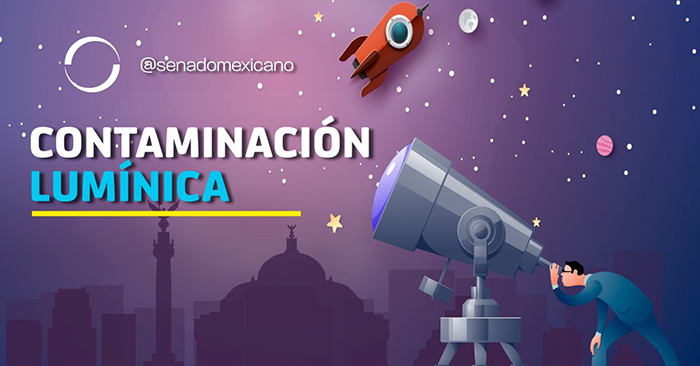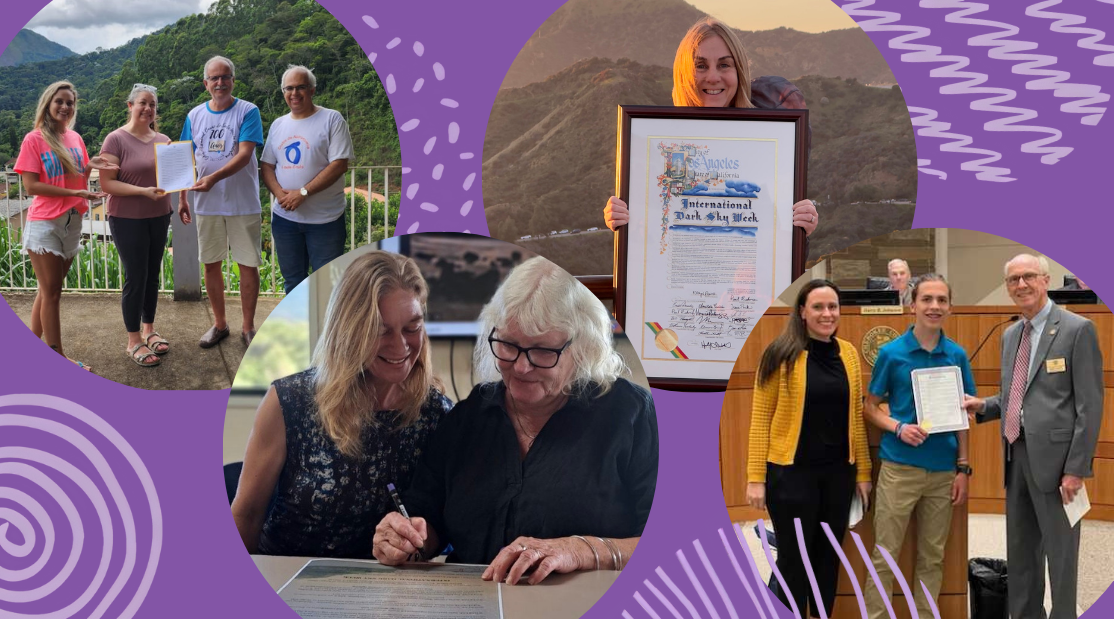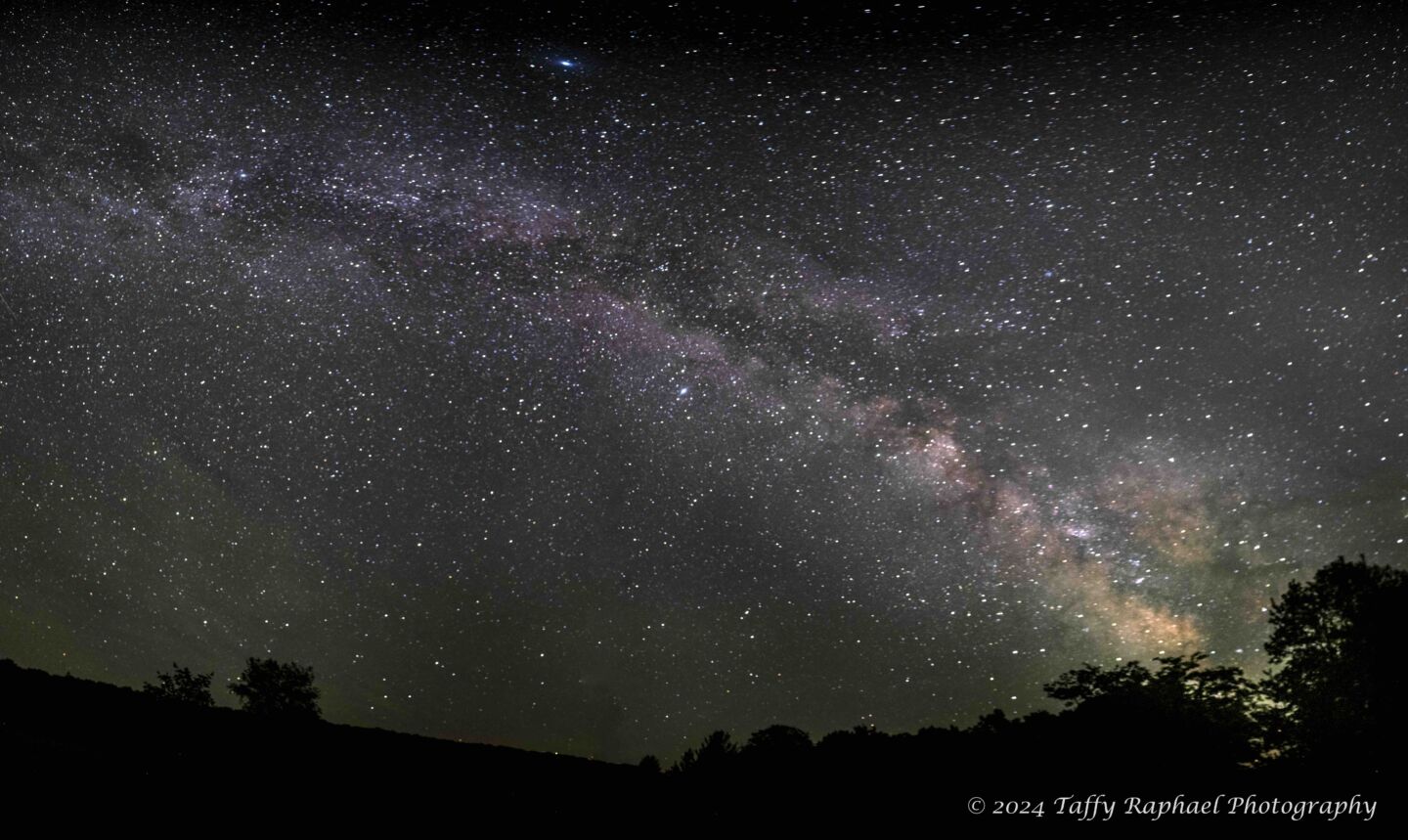
Mexico’s Environmental Law Will Now Include Regulation of Light Pollution

by John C. Barentine, Ph.D.
Director of Public Policy
and
Amanda Gormley
Director of Communication
The Senate of Mexico unanimously endorsed legislation that classifies light pollution as a form of environmental pollution this November. The new law makes light pollution subject to regulation under existing environmental laws in the country of Mexico.
The bill, called “Decreto por el que se reforman y adicionan diversas disposiciones de la ley general del equilibrio ecológico y la protección al ambiente” (“Decree for the reform and addition of various provisions of the general law of ecological balance and the protection of the environment”), was approved by the Chamber of Deputies (the lower house of the Mexican Congress) and is now set to become the official policy of Mexico.
This legislation is an historic event worldwide because it is the first instance of a country explicitly defining light pollution as an environmental pollutant. The law is also unique because it amends previously existing environmental legislation that regulates air, water, and soil quality to also set regulations for light pollution.
The law amends and expands the General Law of Ecological Balance and Environmental Protection of 1988 (LGEEPA). It gives regulatory authority of light pollution to the Ministry of Environment and Natural Resources (SEMARNAT), in coordination with the Ministry of Energy (SENER). The law tasks these ministries with “the prevention of environmental pollution caused by intrusive light.”
“It took more than three years of hard work, but we did it,” said Fernando Ávila Castro, the leader of IDA Mexico and a member of the technical staff of the Institute for Astronomy at the National Autonomous University of Mexico in Ensenada. The Institute’s “Oficina de la Ley del Cielo” (“Office of the Law of the Skies”) worked behind the scenes. Together with Former Chamber of Deputies member Tania Arguijo, Dr. José Franco, Zeus Valtierra, and Enrique Azures, the team influenced the lawmaking process for the benefit of protecting night skies across Mexico.
The detailed regulations will be incumbent on regional and local governments throughout Mexico, as well as on both public and private property owners. According to the Senate opinion, the law is intended “to encourage the implementation of an adequate policy to reduce light pollution and the recovery of the clarity of the [night] sky, which entails a significant reduction of up to 50% of the expenditure to produce the electricity supplied by public lighting, based on the regulation of the use of suitable luminaires.”
The new framework for regulating light pollution enables the creation of special areas where lighting limits are the most strict, such as astronomical observatories, archaeological ruins, national parks, and nature reserves. The protection of their night skies — among the darkest in Mexico — “can only be ensured through the proper application of Mexican federal laws,” said Ávila Castro.
Since LGEEPA already involves requirements that local governments in Mexico must follow, a mechanism for implementing the new law already exists. “With these enabling legislation in place, SEMARNAT will be able to enforce them, even from the beginning of the design stage of any project,” Ávila Castro explained. “A new tourist development for example? It will have to comply with these new norms or it won’t have a building permit.”
The Oficina de la Ley del Cielo is already in dialogue with the Environmental and Energy Ministries to establish the specific regulations called for in the new law, including illumination levels and limits on the correlated color temperature of light sources. Ávila Castro estimates that this process will take between one and two years to complete.
To read more about this law, visit the announcement at the Senado de la República de México. IDA congratulates the hard work of our Chapter leader, Fernando Ávila Castro, and the country of Mexico for its historical and progressive law on light pollution.



















